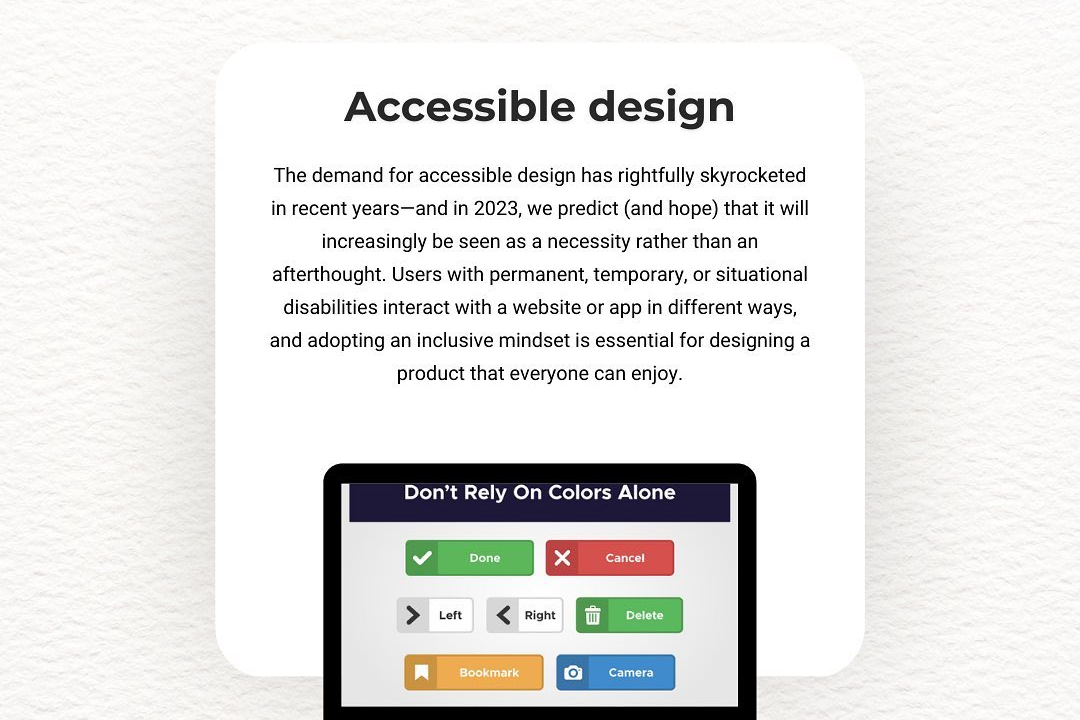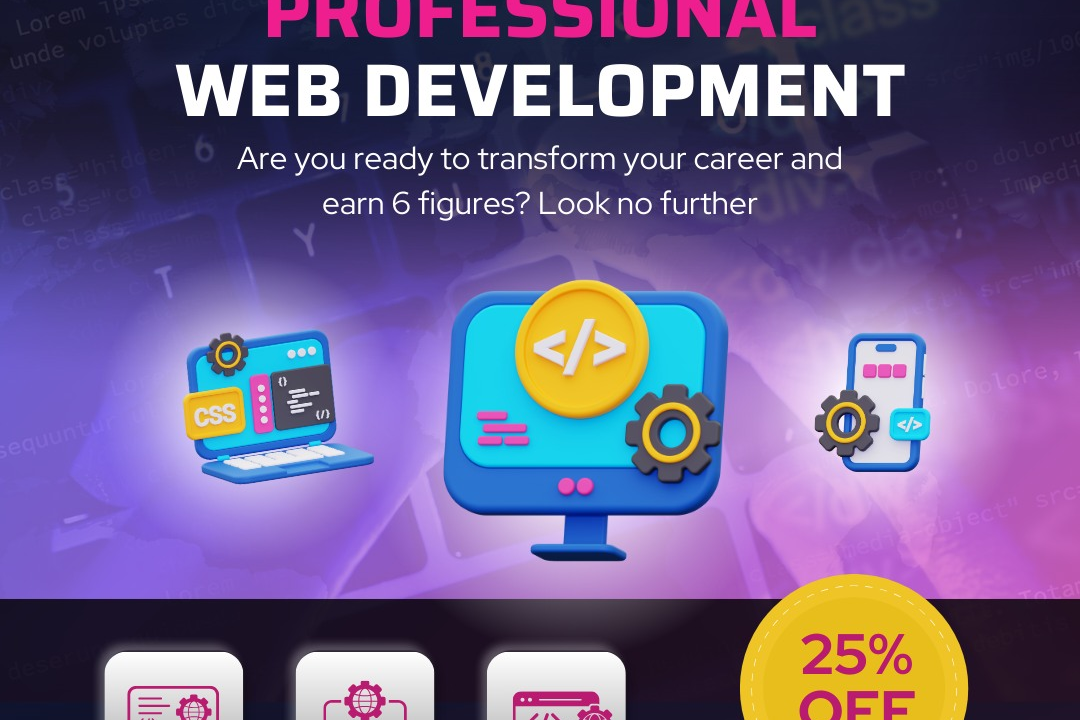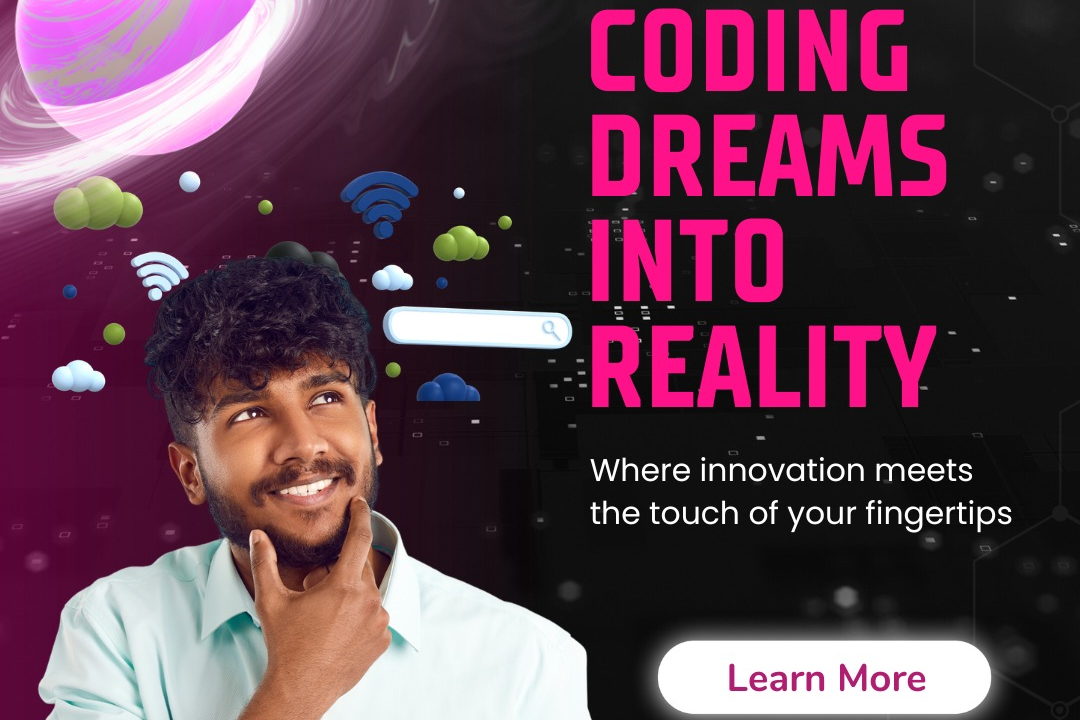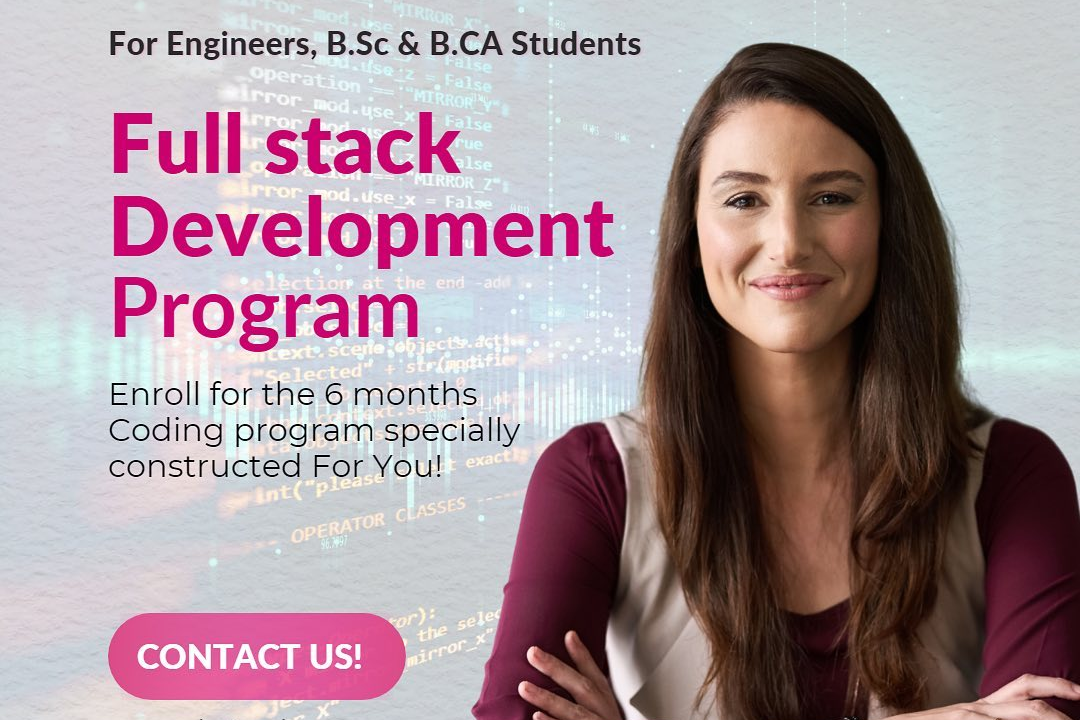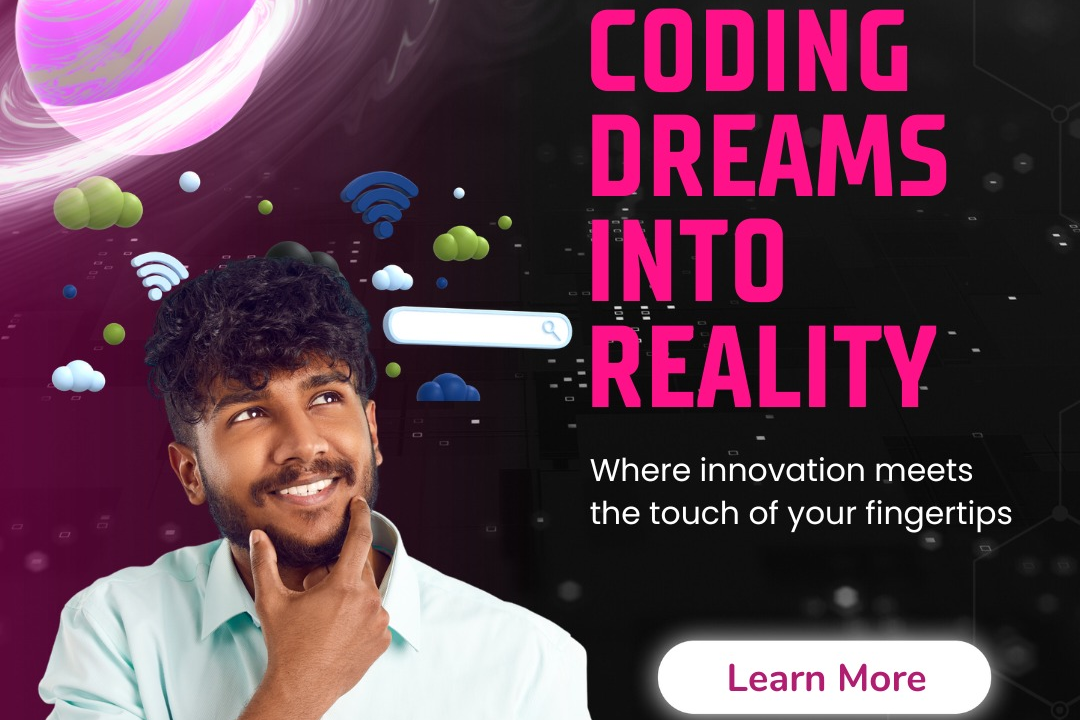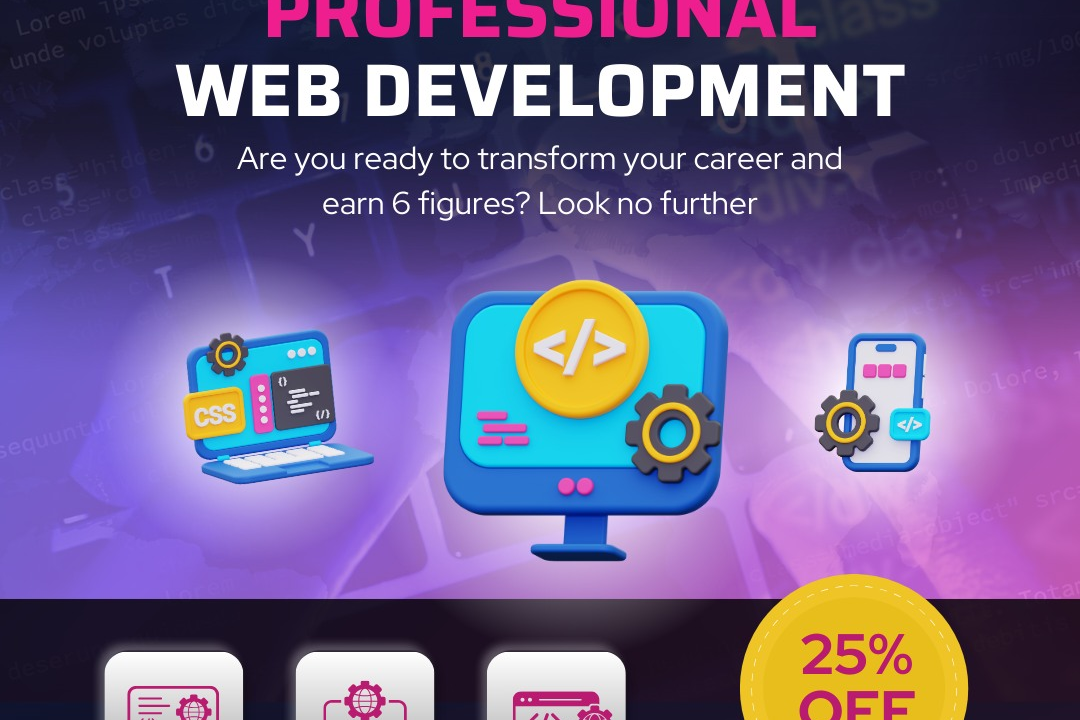Core Php Programming Interview Questions
Core PHP programming interview questions are designed to evaluate a candidate's foundational knowled
Core Php Programming Interview Questions
Core PHP programming interview questions are essential for assessing a candidate's proficiency in PHP, which is a foundational language for web development. These questions help interviewers evaluate not only the candidate's understanding of basic syntax and programming constructs but also their ability to implement real-world applications through problem-solving and critical thinking. By exploring topics such as functions, arrays, and object-oriented programming, these questions can gauge a candidate's practical experience and readiness to handle projects in a professional environment. For job seekers, effectively answering these questions demonstrates their technical capability and reinforces their qualifications for various development roles.
To Download Our Brochure: https://www.justacademy.co/download-brochure-for-free
Message us for more information: +91 9987184296
Core PHP programming interview questions are essential for assessing a candidate's proficiency in PHP, which is a foundational language for web development. These questions help interviewers evaluate not only the candidate's understanding of basic syntax and programming constructs but also their ability to implement real world applications through problem solving and critical thinking. By exploring topics such as functions, arrays, and object oriented programming, these questions can gauge a candidate's practical experience and readiness to handle projects in a professional environment. For job seekers, effectively answering these questions demonstrates their technical capability and reinforces their qualifications for various development roles.
Course Overview
The “Core PHP Programming Interview Questions” course is meticulously designed to equip aspiring developers with the essential skills and knowledge needed to excel in technical interviews. This course covers a comprehensive range of topics, including fundamental PHP syntax, functions, arrays, and object-oriented programming principles, ensuring a well-rounded understanding of the language. With an emphasis on real-world projects and practical applications, participants will engage with a variety of interview-style questions and coding challenges that mirror industry standards. By the end of the course, learners will be well-prepared to confidently tackle PHP-related interview questions and demonstrate their coding abilities in a clear, articulate manner, thereby enhancing their career prospects in web development and programming roles.
Course Description
The “Core PHP Programming Interview Questions” course is designed to prepare learners for technical interviews by focusing on essential PHP concepts and coding practices. Participants will explore various topics such as PHP syntax, functions, arrays, error handling, and object-oriented programming, all critical for demonstrating proficiency in PHP. Through a series of real-world projects and hands-on coding exercises, students will engage with typical interview questions and problem-solving scenarios, allowing them to build confidence and improve their coding skills. By the end of the course, participants will not only be equipped to answer PHP interview questions effectively but also to showcase their abilities in practical programming situations, enhancing their readiness for successful careers in web development.
Key Features
1 - Comprehensive Tool Coverage: Provides hands-on training with a range of industry-standard testing tools, including Selenium, JIRA, LoadRunner, and TestRail.
2) Practical Exercises: Features real-world exercises and case studies to apply tools in various testing scenarios.
3) Interactive Learning: Includes interactive sessions with industry experts for personalized feedback and guidance.
4) Detailed Tutorials: Offers extensive tutorials and documentation on tool functionalities and best practices.
5) Advanced Techniques: Covers both fundamental and advanced techniques for using testing tools effectively.
6) Data Visualization: Integrates tools for visualizing test metrics and results, enhancing data interpretation and decision-making.
7) Tool Integration: Teaches how to integrate testing tools into the software development lifecycle for streamlined workflows.
8) Project-Based Learning: Focuses on project-based learning to build practical skills and create a portfolio of completed tasks.
9) Career Support: Provides resources and support for applying learned skills to real-world job scenarios, including resume building and interview preparation.
10) Up-to-Date Content: Ensures that course materials reflect the latest industry standards and tool updates.
Benefits of taking our course
Functional Tools
1 - PHP Language and Environment
The course will focus on the core PHP language, enabling students to understand its syntax, functions, and key features. Students will learn how to set up a development environment using tools like XAMPP or MAMP, which allow for local server simulations for testing PHP scripts. Understanding the PHP environment is fundamental for hands on practice, as it mimics real world server situations where PHP scripts run.
2) Integrated Development Environments (IDEs)
Students will be introduced to various Integrated Development Environments (IDEs) such as PhpStorm, NetBeans, and Visual Studio Code. These tools facilitate code writing with features like syntax highlighting, debugging capabilities, and code completion, which enhance productivity. Familiarity with IDEs aids in improving coding efficiency and helps students manage large, complex projects more effectively.
3) Database Management Tools
The course covers database management systems like MySQL, one of the most common databases used with PHP. Students will learn to interact with databases using PHP's PDO (PHP Data Objects) and MySQLi extensions. By understanding how to perform CRUD (Create, Read, Update, Delete) operations, students gain valuable skills in managing data, which is critical for dynamic web applications.
4) Version Control Systems
Incorporating version control systems like Git will be an important part of the learning experience. Students will learn to set up repositories on platforms like GitHub or Bitbucket, enabling them to track changes to their projects collaboratively. Understanding version control is vital for developers, as it simplifies project management, collaboration, and rollback processes in case of errors.
5) Debugging Tools
The course emphasizes the importance of debugging and introduces tools such as Xdebug. Students will learn how to step through their code, inspect variables, and analyze stack traces, significantly enhancing problem solving skills. Mastering these tools prepares students for real world scenarios where debugging is a crucial part of the development workflow.
6) Testing Frameworks
Participants will also explore testing frameworks like PHPUnit to understand the significance of writing testable code. Learning to create unit tests fosters a culture of quality and reliability in code development. This aspect of the course equips students with the capacity to ensure their applications perform as expected and reduces the chances of bugs during deployment.
7) Frameworks Familiarity
Students will be introduced to popular PHP frameworks such as Laravel and Symfony. Understanding frameworks not only streamlines development by providing pre built modules and libraries but also adheres to best practices in coding and design patterns. This knowledge equips students to build more robust, maintainable, and scalable applications.
8) Object Oriented Programming (OOP)
The course will delve into the principles of Object Oriented Programming (OOP) in PHP. Students will learn about classes, objects, inheritance, encapsulation, and polymorphism. A solid grasp of OOP allows for better code organization and reusability, which is essential for developing large scale applications.
9) RESTful API Development
Participants will practice building and consuming RESTful APIs using PHP. They will learn how to create endpoints, handle requests and responses, and authenticate APIs using methods like JWT (JSON Web Tokens). Knowledge of API development is crucial as it allows for the integration of different systems and services, enabling applications to communicate over the web.
10) JavaScript and Front End Integration
Students will explore how PHP interacts with client side technologies, primarily JavaScript. Understanding how to combine PHP with front end frameworks or libraries (like Vue.js or React) empowers students to create dynamic, responsive applications. This integration is a key component of modern web development.
11 - Security Best Practices
The course will cover essential security measures that PHP developers should implement to protect their applications. Topics will include input validation, output escaping, SQL injection prevention, and authentication techniques. Understanding these practices is vital for maintaining the integrity and security of web applications in a world of increasing cyber threats.
12) Deployment and Hosting
Students will learn how to deploy PHP applications to hosting platforms. This includes understanding web servers (like Apache and Nginx), setting up and configuring the environment, managing domains, and using cloud services like AWS or DigitalOcean. Knowledge of deployment helps students transition from development to production smoothly.
13) Real Time Projects
Throughout the course, students will apply their skills to real time projects that simulate industry scenarios. This hands on experience reinforces learning and provides the opportunity to build a portfolio that showcases their capabilities to potential employers. Real world projects also enhance problem solving skills and creativity in using PHP to address practical challenges.
14) Soft Skills Development
Finally, the course will emphasize the importance of soft skills, such as teamwork, communication, and time management. Working on collaborative projects will foster these skills, which are just as critical in the tech industry as technical proficiency. By the end of the course, students will not only be prepared technically but also personally for collaborative working environments.
15) Emerging Trends and Future Learning
The course will conclude with insights into emerging trends in PHP development and recommendations for resources for continued learning. This awareness helps students stay current with industry changes and adopt new technologies as they evolve, ensuring they remain competitive in the job market for years to come.
Browse our course links : https://www.justacademy.co/all-courses
To Join our FREE DEMO Session:
This information is sourced from JustAcademy
Contact Info:
Roshan Chaturvedi
Message us on Whatsapp:
Email id: info@justacademy.co
Selenium Training Videos Free Download
Core Php Interview Questions And Answers For 1 Year Experience

